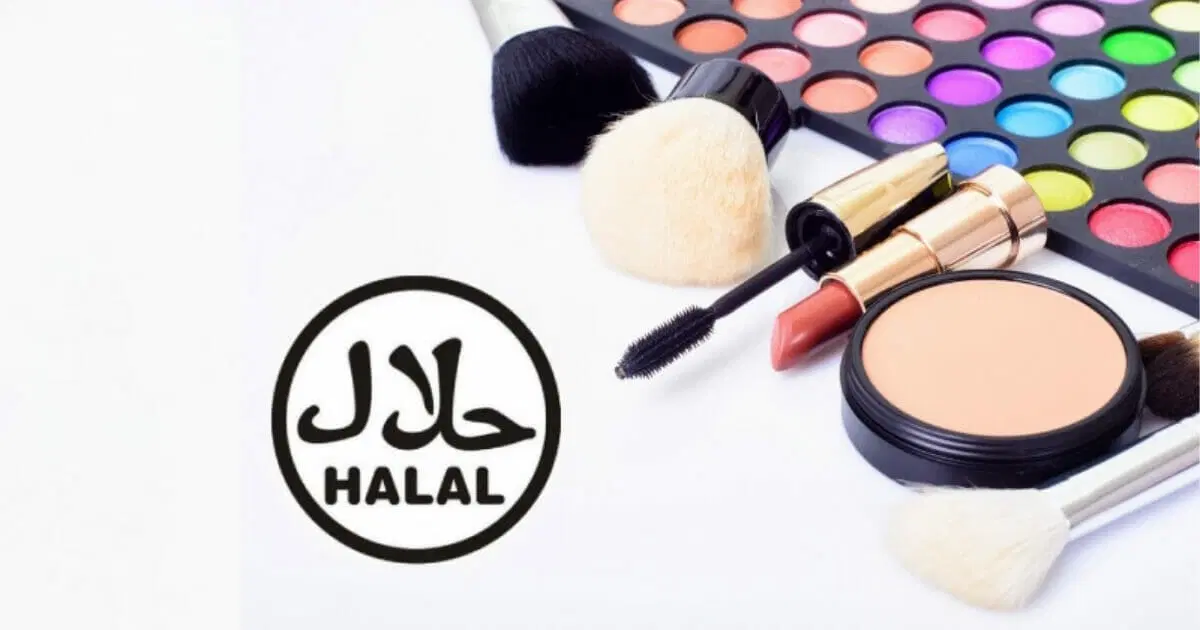The skincare industry has always been quick to adapt to shifting consumer preferences, from anti-aging solutions to sustainability-driven packaging. One of the fastest-growing sectors today is halal skincare, an area that reflects not only religious values but also broader consumer demands for ethical, safe, and transparent products. Interestingly, halal skincare has begun to overlap significantly with the clean beauty movement, creating a space where inclusivity meets innovation.
Behind this growing trend lies an essential partner: the halal skincare OEM. These original equipment manufacturers provide the technical expertise, compliance knowledge, and production capacity that allow both indie and established brands to deliver products that meet halal standards while resonating with the global clean beauty consumer. For companies looking to enter this market, working with an experienced halal skincare OEM can mean the difference between a successful launch and a missed opportunity.
Why Halal Skincare Is Gaining Global Momentum
The global halal cosmetics market has been steadily expanding, driven by increasing consumer awareness and rising purchasing power among Muslim populations. According to industry forecasts, the halal cosmetics and personal care market is set to reach tens of billions of dollars in value by the end of this decade.
This growth is not confined to Muslim-majority countries. Non-Muslim consumers are also showing interest in halal skincare due to its alignment with ethical sourcing, transparency, and high safety standards. Halal-certified products often exclude ingredients like alcohol and animal byproducts, making them attractive to vegans and those concerned with sustainability.
What Defines Halal Skincare?
Halal skincare must adhere to Islamic principles, which cover every stage of the production process. Key requirements include:
– Permissible ingredients: Products must not contain alcohol, pork-derived substances, or other haram (forbidden) elements.
– Ethical sourcing: Ingredients should be obtained in ways that respect halal guidelines.
– Cross-contamination prevention: Manufacturing facilities must ensure that halal products are not contaminated with non-halal substances.
– Certification: Recognized halal certification bodies must validate compliance to reassure consumers.
The meticulous nature of these requirements means that brands cannot simply label a product “halal” without undergoing careful formulation and production processes. This is where specialized OEMs come in.
Clean Beauty and Halal Skincare: Shared Values
While halal skincare originates from religious guidelines, clean beauty is rooted in consumer-driven demand for safe, non-toxic, and transparent products. The overlap between the two is striking:
– Ingredient transparency: Both prioritize clear labeling and consumer education.
– Avoidance of harmful substances: Clean beauty excludes parabens, sulfates, and other chemicals, while halal excludes alcohol and animal derivatives.
– Sustainability: Both movements emphasize eco-friendly practices, from sourcing to packaging.
– Ethical production: Halal certification ensures compliance with Islamic ethical standards, while clean beauty often aligns with cruelty-free and fair-trade principles.
For consumers, this overlap creates confidence. A halal-certified moisturizer, for instance, also appeals to those looking for clean, vegan, or cruelty-free options, broadening its market potential.
How OEMs Support the Halal Skincare Movement
The rise of halal skincare has created new opportunities but also new challenges for brands. OEMs that specialize in halal formulations help bridge these gaps by offering expertise across key areas:
Formulation Expertise
OEMs employ chemists familiar with halal restrictions who can craft innovative formulations without relying on prohibited ingredients. This ensures that products maintain both efficacy and compliance.
Manufacturing Integrity
Dedicated halal production lines prevent cross-contamination and ensure certification requirements are met. This level of precision is essential for building consumer trust.
Regulatory Navigation
Different countries have varying halal certification bodies and standards. OEMs assist brands in navigating this complexity to achieve global recognition.
Scalability
For indie beauty companies, an OEM provides the capacity to grow from small batches to larger production volumes while maintaining halal integrity.
Market Drivers Behind Halal Skincare
Several key factors are fueling the rapid growth of halal skincare:
Rising Muslim Demographics
With over 1.9 billion Muslims worldwide, the demand for halal-certified products extends across multiple regions. Younger Muslim consumers, in particular, are more vocal about wanting products that align with their faith and lifestyle.
Digital Influence
Social media influencers and beauty bloggers are raising awareness about halal skincare, making it more visible to mainstream audiences.
Inclusivity and Diversity
Global beauty is shifting toward inclusivity. Halal skincare offers an opportunity for brands to serve underserved markets while positioning themselves as leaders in diversity.
Synergy With Clean Beauty
As clean beauty becomes mainstream, the overlap with halal principles strengthens consumer interest. Many people who do not specifically seek halal products still purchase them for their ethical and clean label appeal.
Case Study: Sunscreens and Halal Certification
Sunscreens are one of the most scrutinized products in skincare due to regulatory oversight and safety concerns. In halal skincare, formulating sunscreen requires avoiding alcohol-based carriers or animal-derived stabilizers while still meeting SPF efficacy standards.
OEMs specializing in halal products have developed solutions that replace restricted ingredients with plant-based or mineral alternatives, creating sunscreens that satisfy both halal and clean beauty requirements. This kind of innovation highlights why OEM partnerships are critical for success in niche yet growing markets.
Challenges in Halal Skincare Production
While the opportunity is significant, producing halal skincare is not without obstacles:
– Ingredient restrictions: Finding alternatives for common but restricted ingredients can be difficult.
– Certification complexity: Different halal authorities have varying standards, which can complicate international launches.
– Consumer education: Many consumers still do not understand what makes skincare halal, requiring brands to invest in transparent communication.
– Cost implications: Maintaining dedicated halal facilities or lines may increase production costs, especially for smaller brands.
OEMs play a vital role in overcoming these challenges, giving brands access to expertise and infrastructure they would otherwise lack.
The Future of Halal Skincare and Clean Beauty Convergence
Looking forward, the overlap between halal skincare and clean beauty is likely to deepen. Several trends stand out:
Mainstream Retail Expansion
Halal skincare is moving beyond specialty stores into major retailers, reflecting broader consumer demand.
Innovation in Ingredients
Expect to see more biotech-derived ingredients that are both halal and clean-certified, meeting dual consumer needs.
Sustainable Packaging
As eco-consciousness grows, halal brands will continue adopting refillable or biodegradable packaging, further aligning with clean beauty values.
Cross-Cultural Appeal
Halal skincare is becoming less about serving a niche religious demographic and more about appealing to global consumers who value ethics, safety, and transparency.
Final Thoughts
The global rise of halal skincare illustrates how cultural values, consumer demand, and ethical standards are reshaping the beauty industry. Its overlap with clean beauty makes it even more compelling, appealing to diverse audiences who want safe, transparent, and trustworthy products.
For brands, the key to success lies in working with a capable halal skincare OEM that understands both the technical and ethical dimensions of this movement. By combining innovation with compliance, these OEMs empower brands to enter a rapidly growing market while aligning with one of the most influential shifts in beauty today.





























